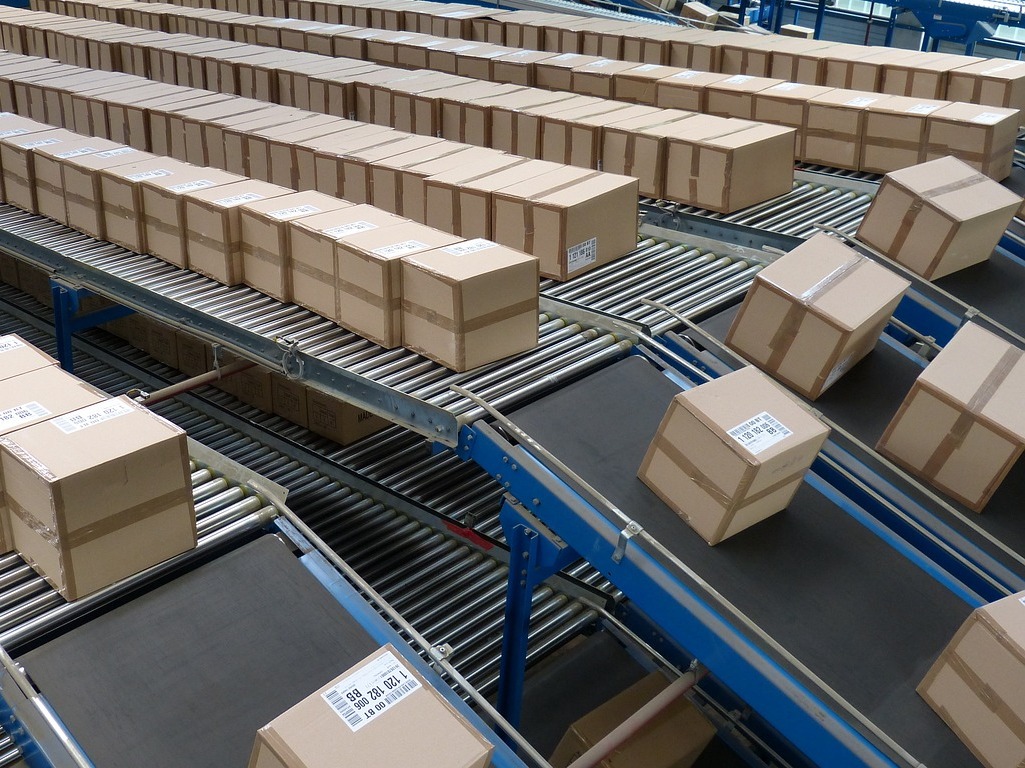Top 3 Ways To Optimize Logistics Operations With AI
The Role of AI in Logistics
Logistics companies face growing pressure to improve efficiency, reduce costs, and meet rising customer expectations. Artificial Intelligence (AI) provides a powerful solution to address these challenges, particularly in optimizing sorting processes. AI can streamline operations, improve accuracy, and reduce costs. In this article, we’ll explore three practical ways AI can help logistics companies optimize their workflows with AI-based technology.
1. Use Machine Learning Algorithms
Machine learning algorithms are a powerful tool for optimizing logistics sorting processes. Analyzing historical data, these algorithms uncover patterns and trends that enhance efficiency. They help logistics companies determine the most effective routes for shipments, optimize item placement within sorting systems, and ultimately reduce delivery times. Leveraging machine learning solutions allows continuous refinement of processes with real-time data, driving cost savings and improving customer satisfaction.
2. Incorporate Robotics Technology
Incorporating robotics technology into sorting processes offers significant advantages for logistics companies. Robotics can automate manual tasks such as sorting, packing, and labeling, reducing errors and improving both speed and accuracy. Beyond improving efficiency, robots also enhance worker safety by handling heavy items and performing repetitive tasks that could lead to injury. Additionally, robots operate continuously without breaks, boosting productivity and throughput. Robots can also collaborate with workers, creating a more efficient and streamlined sorting process. Integrated with existing systems and equipment, robotics technology enables a seamless, automated logistics workflow.
3. Implement Predictive Analytics
Predictive analytics offers significant value to logistics companies aiming to optimize their sorting processes. Analyzing data and leveraging machine learning techniques allows companies to forecast demand and optimize inventory levels, minimizing the risk of stockouts and overstocks. This technology also identifies emerging trends and potential bottlenecks in the supply chain, enabling proactive measures to reduce delays and improve efficiency. Integrating predictive analytics into logistics operations helps pinpoint areas for improvement, leading to a more streamlined and effective operation. With AI-powered predictive analytics, logistics companies can stay ahead of market shifts and meet evolving customer demands.
AI in Logistics Summary
AI is reshaping the logistics industry by providing solutions that optimize sorting processes, enhance operational efficiency, and help companies stay responsive to changing customer needs. As outlined in this article, logistics companies can utilize machine learning algorithms, robotics technology, and predictive analytics to improve accuracy, streamline workflows, and reduce costs. AI-powered solutions offer the tools to drive these advancements, helping companies enhance their logistics operations and remain competitive in a rapidly evolving market.
AI in Logistics FAQs
What is the role of AI in logistics?
AI plays a key role in optimizing logistics by automating tasks, analyzing data to uncover trends and patterns, and forecasting future outcomes to improve decision-making.
How does AI help logistics companies increase efficiency?
AI boosts efficiency by automating repetitive tasks, identifying bottlenecks in supply chains, and optimizing delivery routes and inventory management.
Can AI improve delivery times?
Yes, AI enhances delivery times by analyzing data to determine the most efficient routes and times, as well as automating sorting and packing processes.
Can AI reduce logistics costs?
AI can reduce logistics costs by streamlining processes, minimizing manual labor, and optimizing inventory levels to prevent overstocking and stockouts.
How does AI impact the customer experience in logistics?
AI improves customer experience by speeding up deliveries, providing real-time tracking updates, and ensuring more accurate, reliable shipments.
What are some specific applications of AI in logistics?
AI in logistics includes predictive analytics for demand forecasting, autonomous vehicles for delivery, robotics for sorting and packing, and AR + AI-based inspection.
Can AI help logistics companies reduce errors?
Yes, AI minimizes errors by automating manual processes, providing real-time monitoring, and offering alerts through AI-powered smart devices for potential issues before they become problems.
What is the future of AI in logistics?
The future of AI in logistics is expected to see increased integration of autonomous vehicles, drones, and advanced predictive analytics, all driving further innovation and efficiency.
